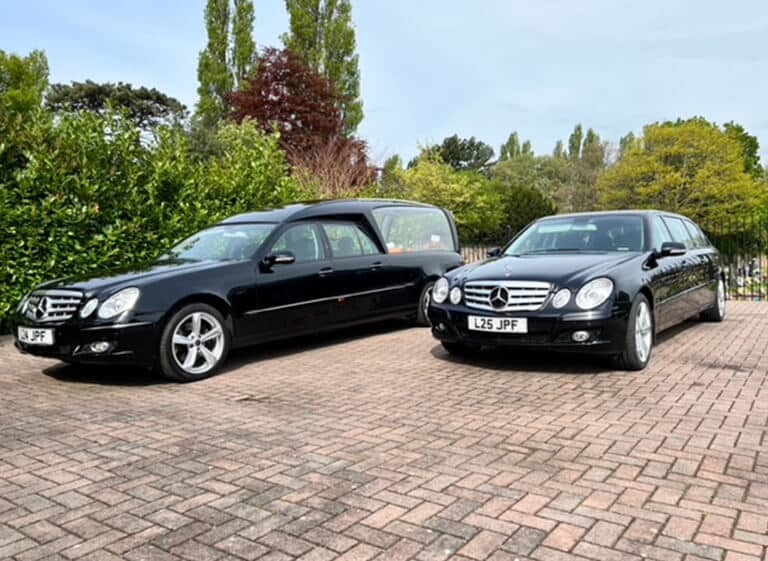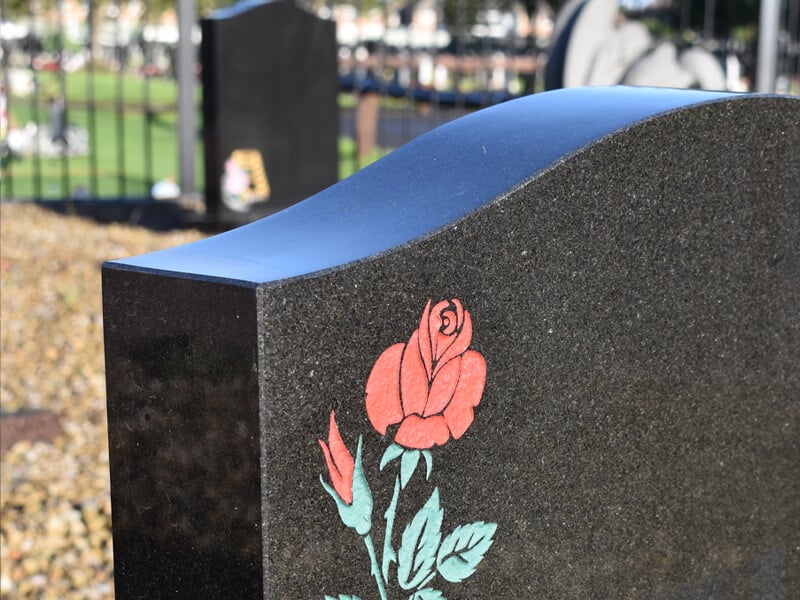Deaths often occur unexpectedly giving rise to funeral costs that weren’t planned for. Funerals are perceived to be expensive and it is often incorrectly assumed that this is because the funeral director is profiting excessively.
This perception is generally incorrect. The form a funeral takes is heavily influenced by traditional and social norms. Here in the UK, funerals most often involve a traditional coffin taken to a place of service using a motor hearse with mourners following in one or more limousines prior to a cremation or burial.
The expectation is that the funeral and the service provided by the funeral director is professional and dignified. The presentation of all funeral staff, funeral vehicles and funeral parlours is expected to be of a high standard. The costs to the funeral director of meeting such expectations are high.
For example, in the UK, a typical hearse can cost £130,000 and a limousine only slightly less. The decor and furnishings within a funeral parlour are also costly. Staff costs are probably the most significant overhead of a funeral director’s business. On a traditional funeral, there are normally 4 pall bearers required in addition to a funeral director. In addition, administration and mortuary staff will also have had to do their work before a funeral= may take place, all at a cost.
Although not visible to the public eye, the care of the deceased requires a lot of specialist equipment. Much of this apparatus is required to ensure safe manual handling of a deceased as required by health and safety law. A major expense behind the scenes is refrigeration, not to mention the energy costs involved.
Besides the hearse and limousines used on a funeral, the funeral director will require other vehicles for general business use including what is know as a first call vehicle. This is a specially adapted vehicle used for the transportation of deceased person’s. The adaptations required can add up to £10,000 on top of the already expensive cost of purchasing a vehicle.
The bereaved often require floral tributes and obituaries in newspapers which along with the cost of a coffin, all add to the cost of a funeral. Cremation and burial fees are expensive too. In the case of a burial, the grave or plot will also have to be purchased as well as the cost of digging and filling in the grave. A headstone may be required at a later date. In the case of a cremation, there is likely to be a statutory doctor’s fee too. The officiant who conducts the funeral service, religious or otherwise, will require payment for their services too.
Funeral directors have normal business costs such as heating and lighting, repairs, insurance, stationery, clinical waste disposal, advertising, administration, fuel etc etc. Funeral directors do still have to make a profit because after all, they are a business. However, the profit is probably much less than many would expect.
For more information visit: jaynepriorfunerals.co.uk/funeral-prices





